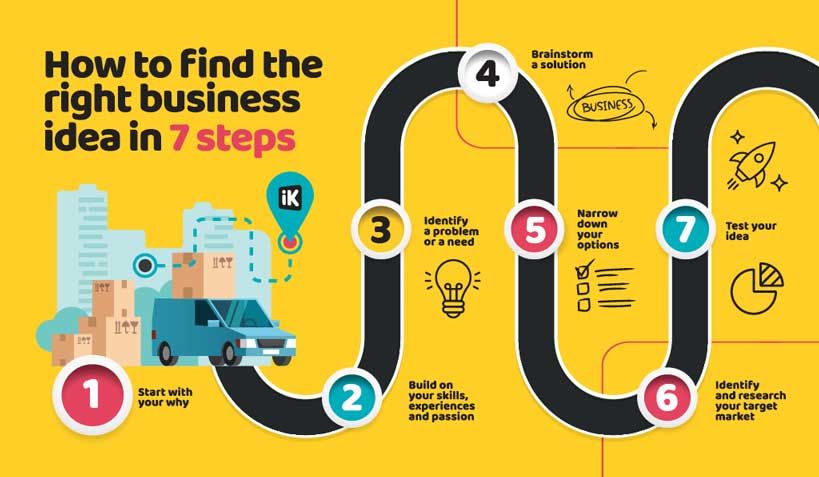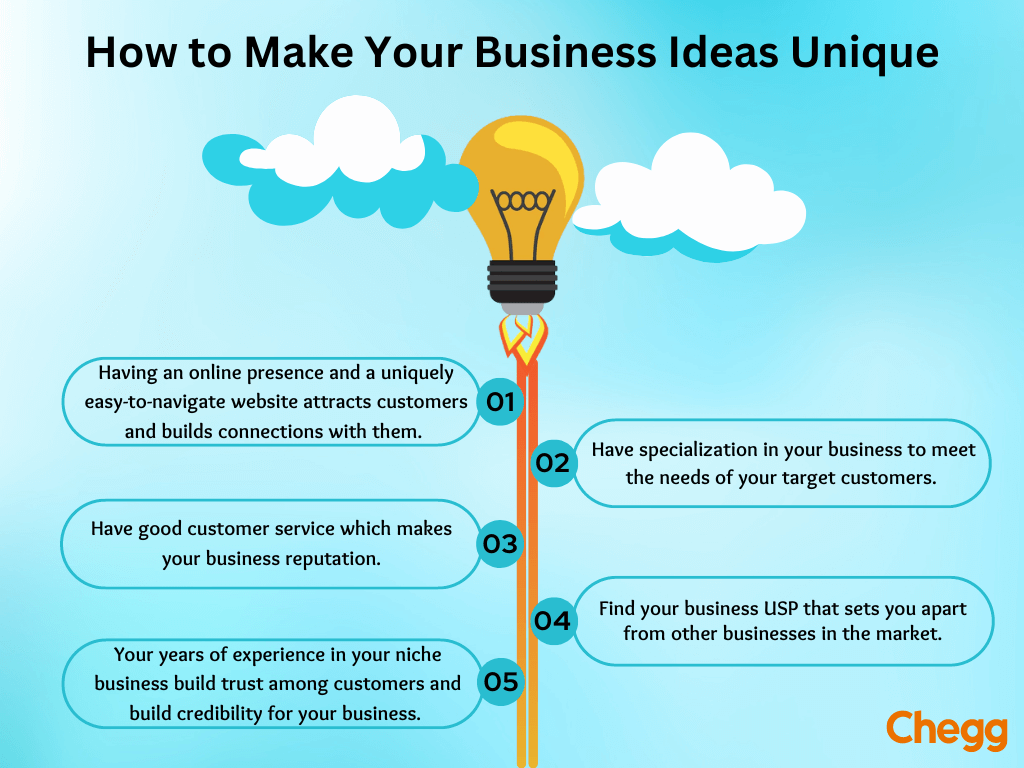How To Choose The Right Business Idea

Stuck in a dead-end job? Your entrepreneurial dreams are closer than you think, but choosing the right business idea is the critical first step to success or failure.
Navigating the sea of possibilities can be overwhelming. This guide provides actionable strategies to identify a viable business idea that aligns with your skills, passions, and market demands.
Identify Your Strengths and Passions
Start with introspection. What are you exceptionally good at? What truly excites you?
List your skills, experiences, and hobbies. Combine these to discover potential business avenues where you possess a competitive edge.
Passion fuels perseverance. Choose an idea that you're genuinely interested in to maintain motivation through inevitable challenges.
Analyze Market Needs and Trends
A brilliant idea is worthless if nobody wants it. Conduct thorough market research to identify unmet needs and emerging trends.
Utilize online tools like Google Trends and industry reports to understand market size, growth potential, and competitor landscape. Look for gaps in the market that you can fill.
According to a recent Small Business Administration (SBA) report, businesses that conduct thorough market research are 50% more likely to succeed.
Assess Your Resources and Capabilities
Be realistic about your resources. How much capital do you have available? What resources can you access?
Consider your network, equipment, and expertise. A business idea requiring substantial investment or specialized skills may not be feasible at this stage.
Focus on opportunities that align with your existing capabilities or those that you can realistically acquire.
Validate Your Idea
Don't invest everything based on assumptions. Validate your idea through customer feedback and market testing.
Conduct surveys, interviews, and focus groups to gauge interest and gather valuable insights. Create a minimum viable product (MVP) to test your concept with a small group of users.
According to a Harvard Business Review study, startups that validate their ideas before launching have a 60% higher chance of survival.
Consider Profitability and Scalability
The ultimate goal is to generate profit. Analyze your potential revenue streams and cost structure to determine profitability.
Develop a detailed business plan with realistic financial projections. Consider the scalability of your business model.
Can it easily expand to accommodate increased demand? A scalable business has the potential for long-term growth and higher returns.
Evaluate the Competition
Who are your competitors? What are their strengths and weaknesses?
Identify your competitive advantage. How can you differentiate your business from the competition?
Analyze their pricing strategies, marketing tactics, and customer reviews. Learn from their mistakes and capitalize on their shortcomings.
Refine and Adapt
The business landscape is constantly evolving. Be prepared to refine and adapt your idea based on market feedback and changing trends.
Stay agile and embrace experimentation. Continuously seek new opportunities to improve your product or service and optimize your business model.
Businesses that are adaptable are more likely to survive and thrive in the long run.
Next Steps
Start implementing these strategies today. The sooner you begin, the sooner you'll be on the path to entrepreneurial success.
Utilize online resources from the SBA and SCORE for further guidance and mentorship.
Don't let fear hold you back from pursuing your dreams. Your ideal business idea is waiting to be discovered.


















